Communities empowered to protect environment

SHARE THIS PAGE!
Lesotho’s enchanting landscape has a grim reality of exposing the country to natural disasters like droughts, floods, and storms that severely disrupt livelihoods, increase net food imports, and ultimately worsen the economic woes.
Climate variability and climate change impact key economic sectors in the country, including agriculture, energy, and water, putting at risk the livelihoods of rural people who are already impacted by high levels of poverty.
In a bid to preserve the precious rangelands, the Ministry of Environment and Forestry through the Regeneration of Landscapes and Livelihoods (ROLL) project has made a critical advancement by providing essential tools to the Natural Resource Management Groups (NRMGs) across all six districts where the project is being implemented.
The eight-year project initiated in 2022 is currently piloted in Butha Buthe, Leribe, Berea, Thaba Tseka, Qacha’s Nek and Quthing districts.
This milestone will allow the NRMGs to facilitate rangeland rehabilitation, specifically targeting brush control, which could threaten rangelands and the livelihoods of those who depend on them.
The significant endeavour was formally inaugurated at Thota Peli in Berea district last Friday by the Minister of Environment and Forestry, Letsema Adontši.
Local villagers were provided with essential tools such as wheel barrows and spades, among others.
Knowledge management and learning officer in the ministry, Tšita Tšita says over 53,000 Basotho volunteers are participating in the ROLL project’s efforts to conserve their environment.
According to Tšita, the project embodies the ministry’s commitment to fostering environmental stewardship and promoting sustainable land management practices.
He noted that the volunteers are tackling various environmental challenges faced by their respective communities.
In some areas they are working to preserve wetlands, rangelands and improve their environment, while others are filling in dongas or gullies.
Tšita underscored the importance of climate literacy for communities across the country.
“For communities, it is important to have a strong understanding of how climate change may affect their land, water supply, livestock and crops.
“This knowledge can guide people to adopt sustainable land and natural resource management practices and to pass them on to future generations so that communities have greater food security today and, in the future,” he said.
A dedicated team leader, farmer and volunteer, May Mafeto of Ha ‘Mamanka in Leribe has participated in several efforts to protect the environment and restore rangelands around his area.
He stressed that neglecting the environment and rangelands was a recipe for disaster not only to farmers, but also to the livelihoods and future of the country.
Mafeto lamented the devastating impacts of neglected environment, citing that farmers like himself face immense challenges in producing food, livestock and supporting their families.
He says the experience has been eye opening and powerful and given him the opportunity to become part of the solution to environmental challenges.
“As both a wool and mohair farmer and crop producer, I have seen first hand how floods and drought can wreak havoc on our livelihoods. I have always known that it is in our hands as the community to step up and be part of the solution.
“If we don’t protect and restore our land, we will lose our way to life. We should do it for ourselves, our children and grand children who deserve a better future where they can thrive, not just scrape by. We cannot ignore the problem our environment is facing,” Mafeto pointed out.
The ROLL project has been met with enthusiasm by many, but Chief ‘Muso Makhata of Ha ‘Mamanka in Leribe has expressed concern over some villagers who fail to recognise its importance and other initiatives with common mandate.
Chief Makhata stated that some people, especially herders, do not recognise the importance of preserving and restoring their rangelands.
He reflected the challenges of balancing conservation efforts with the needs of the communities and highlighted the importance of continued engagement to ensure the sustainability of initiatives protecting the environment.
He cautioned community members against causing destruction to rehabilitated rangelands through their misuse of the wetlands and careless use of fire to stimulate vegetation growth.
“Some use wetlands for grazing their animals even when they have been prohibited from doing so. Others burn bushes to improve pasture for their livestock even when they have been asked not to do so,” he indicated.
He also revealed that the community initially thought rangelands were not suitable for tree plantation, but the project helped them appreciate the range of benefits associated with sustainable rangeland management.
The Ministry of Environment and Forestry’s field officer in Berea, ‘Mapita Morapeli, praised the project’s progress in carrying out its mission, emphasizing the crucial support of key ministries such as water, agriculture, natural resources, and local government.
Morapeli further reiterated the importance of empowering local communities to take ownership of their natural resources and environment.
With climate conditions exacerbating hunger in rural communities, the opportunity to turn the tide was crucial, she said.
She added that there is need for communities to take control of their environment, leading efforts to preserve land and where necessary, preparing their soil for cropping.
“Food security is about more than just handing out meals, it’s about empowering people to reclaim their environment, to improve their land and to make the most of the resources they have.
“We want to instill in our people, individually, in their associations and in their groups, a sense of pride and responsibility in their rangelands, environment and land at large. If we take care of our environment, it will eventually take care of us. We should be related to the environment so that it gives us in return,” Morapeli urged.

Communities empowered to protect environment
9 days ago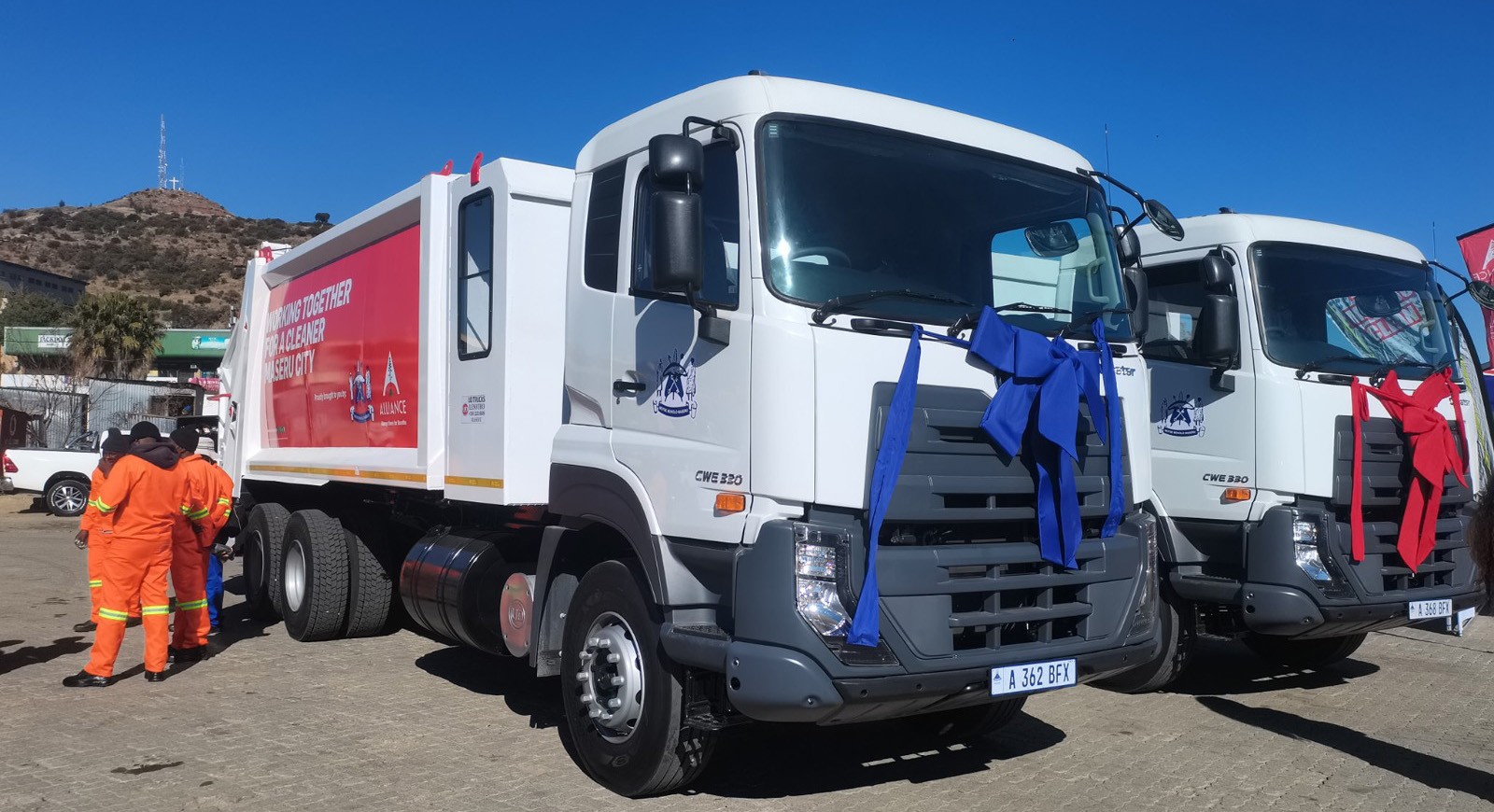
Alliance boosts MCC fleet
10 days ago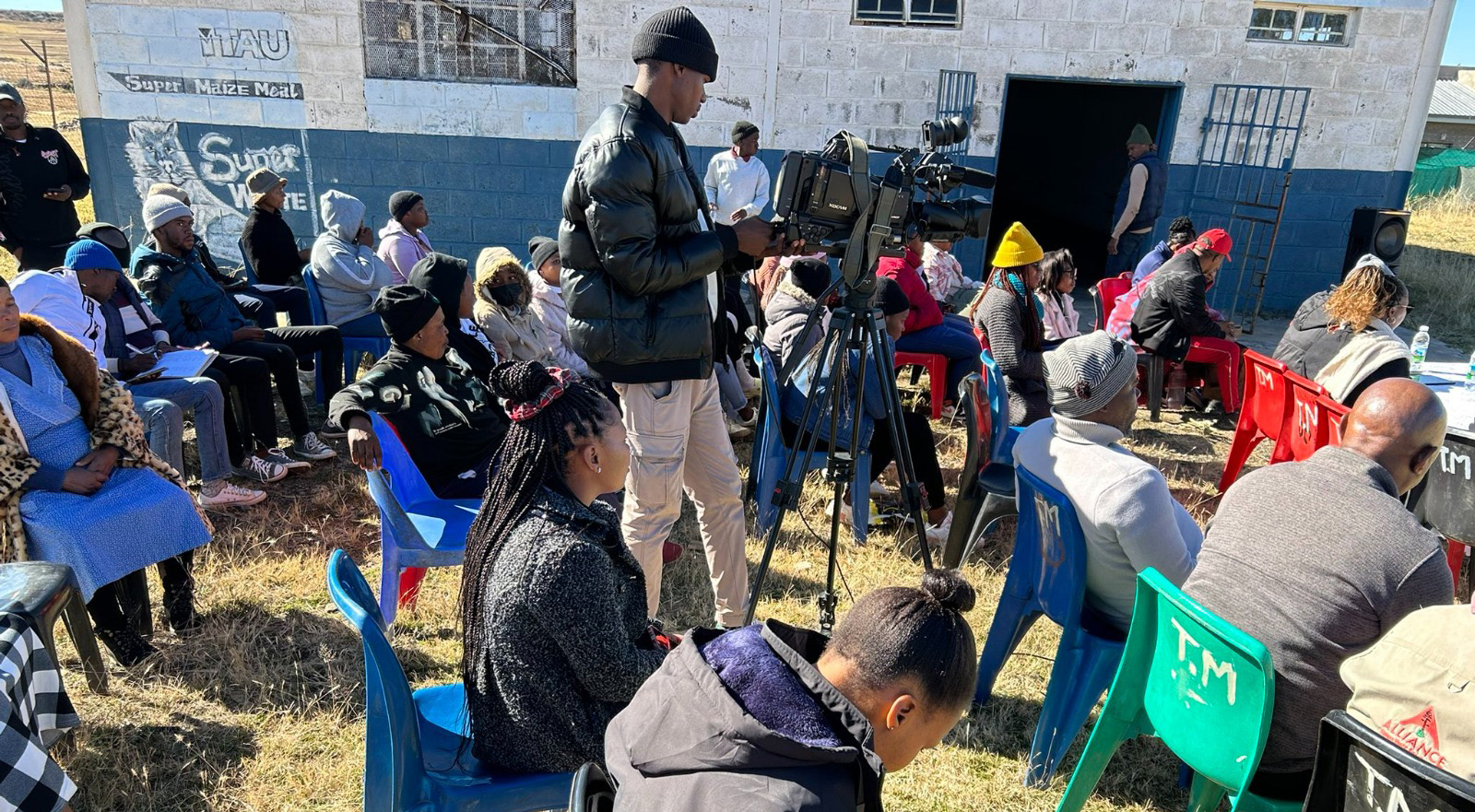
Young people discuss economic future at Taung
11 days ago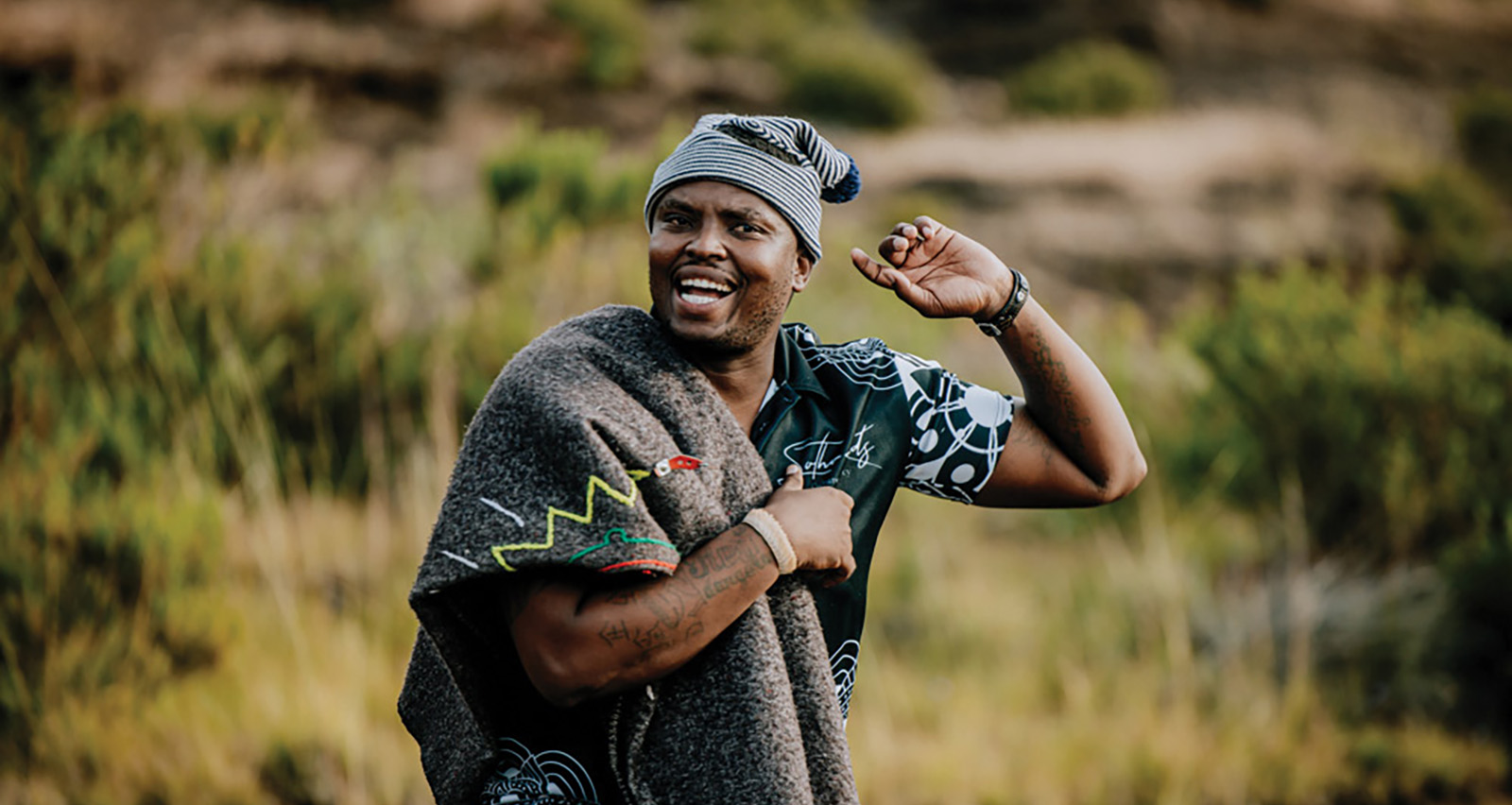
CityzeenLs nears 1 million YouTube views
11 days ago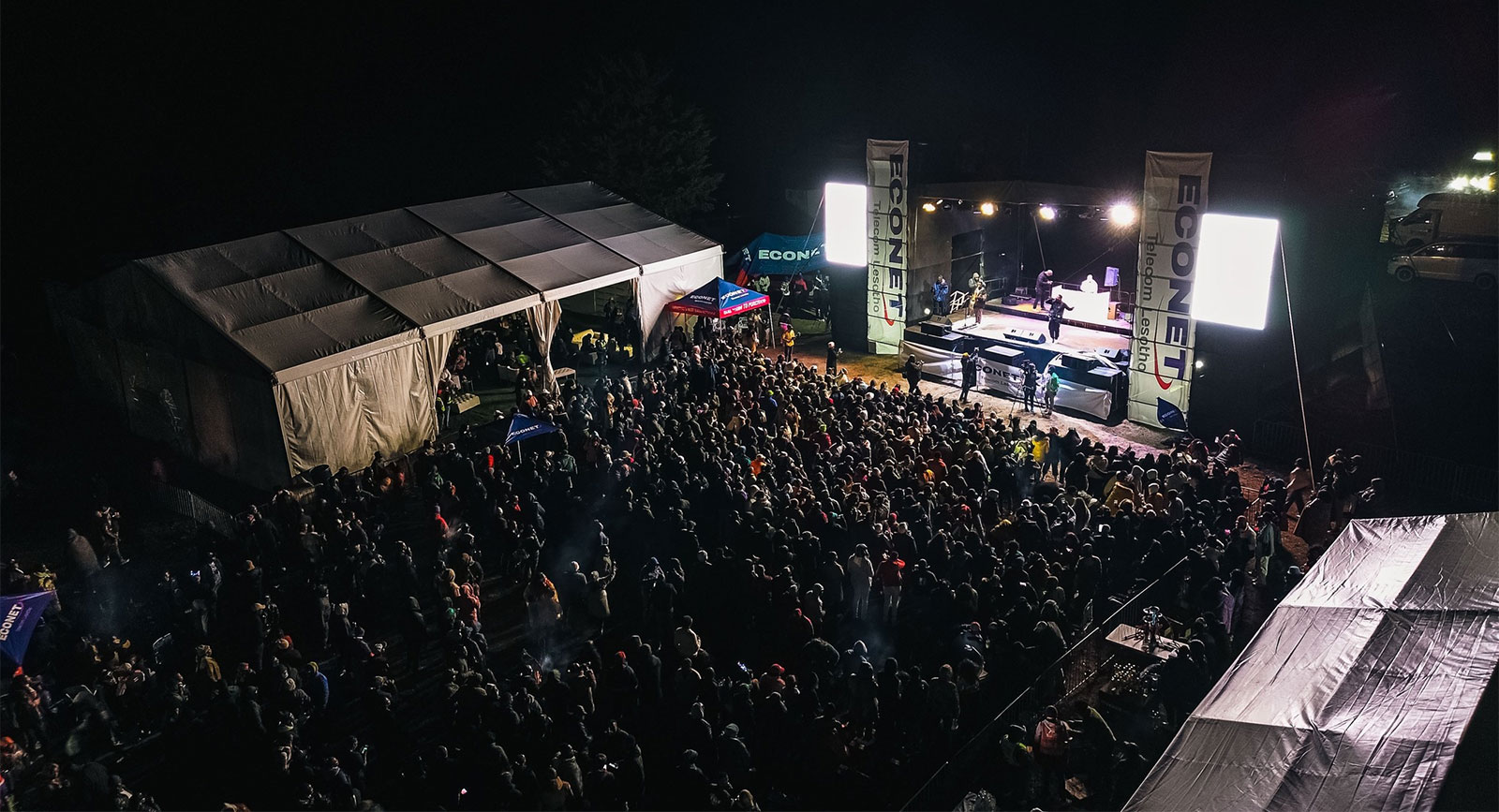
Econet commits over M1million to Lecholi event
11 days ago
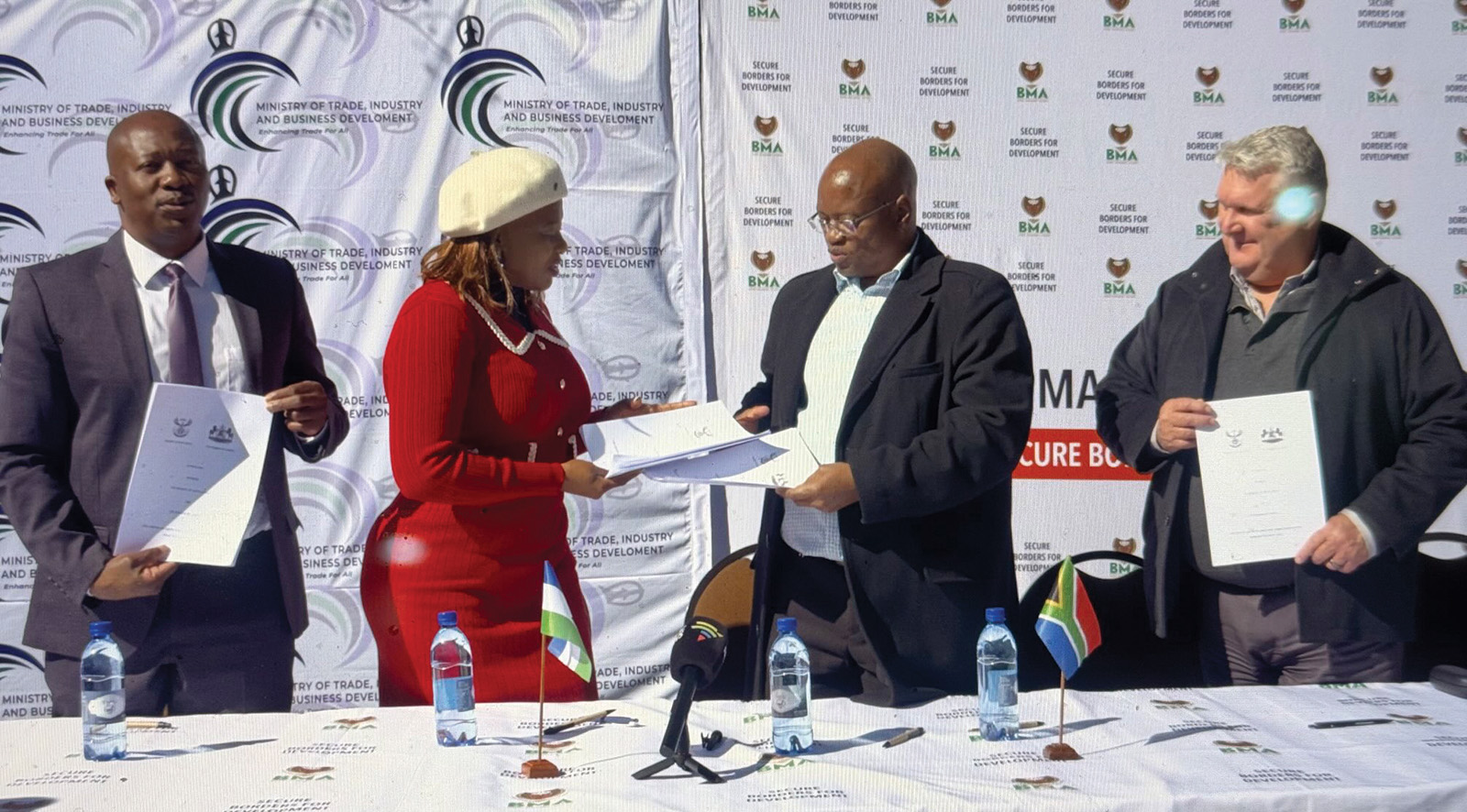
New border plan to advance regional trade
14 days ago
Foul language lands man in court
14 days ago
Youth demand action on unemployment
14 days ago
Ex-ministers threaten to sue govt
14 days ago